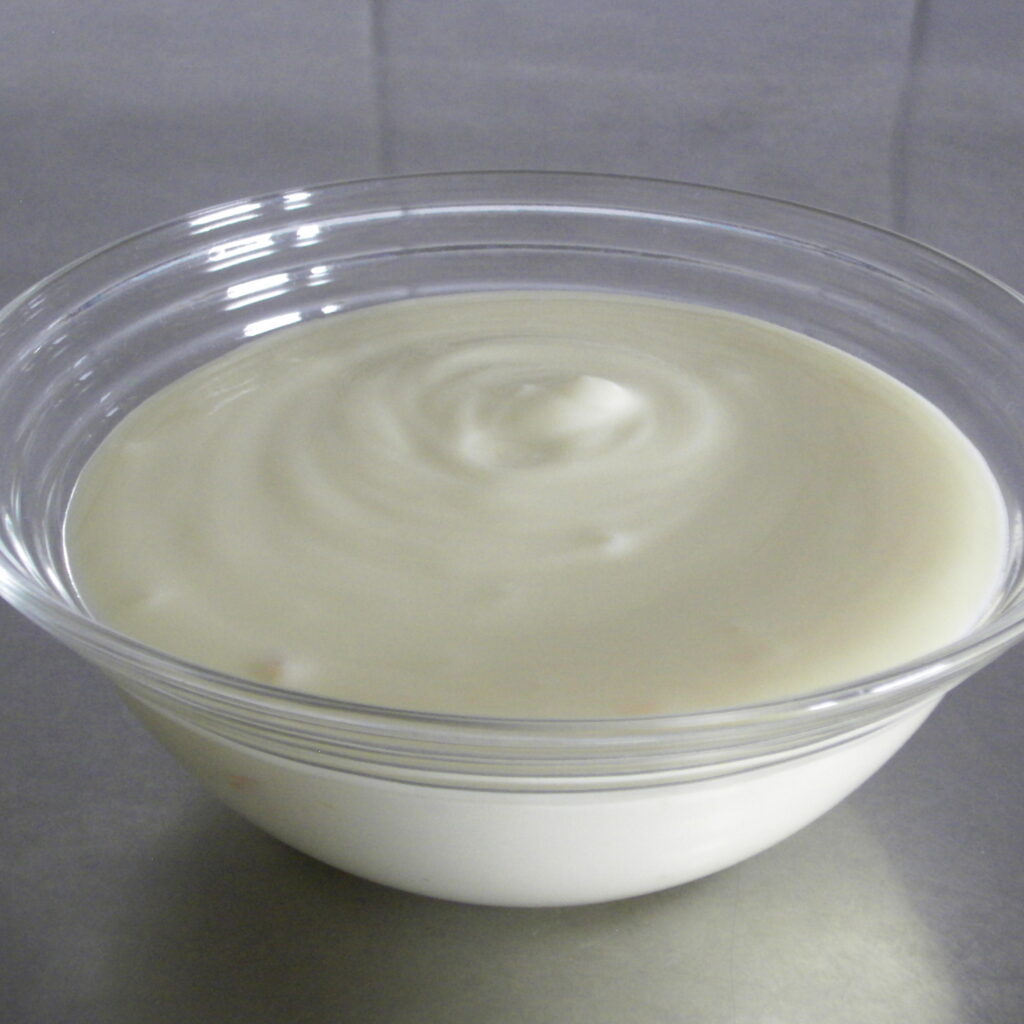Although more research is necessary, the researchers believe that their findings will open the door to dietary and probiotic-based cancer treatments.

Probiotics are becoming more popular among cancer patients as a way to enhance their health, but it is still unclear how gut microorganisms affect how the body responds to cancer immunotherapy. A recent study from the University of Pittsburgh in Pennsylvania looked into how probiotics affected the response of melanoma immunotherapy.
Its results are published in the journal Cell.
Researchers have demonstrated that the probiotic bacteria Lactobacillus reuteri, also known as the “good” bacteria, enters melanoma tumours in animal models and improves cancer immunotherapy by producing indole-3-aldehyde (I3A).
Importance of immunotherapy
The Pittsburgh investigators also discovered that immunotherapy-responsive advanced melanoma patients had higher I3A levels than immunotherapy-nonresponsive patients.
The area of cancer immunotherapy has advanced remarkably over the past several years. This effective cancer therapy method relies on the immune system of the patient to identify and eliminate cancer cells. Currently, not everyone experiences success with immunotherapy. Tumors may recede or even disappear in some patients with immunotherapy, but not in others. Researchers are attempting to determine why distinct individuals respond to this particular cancer treatment in different ways.
Several cancers prevent the body’s immune system from attacking and eliminating malignancies. Ipilimumab’s usage in treating advanced metastatic melanoma was authorised by the US FDA in 2011. The first of a class of medications called immune checkpoint inhibitors (ICIs), ipilimumab helps the immune system fight cancer by removing the “brakes” that cancer cells place on the body’s natural defences.
PD-1, PD-L1, and CTLA-4 are a few of the proteins that ICIs disrupt in order to prevent the body from producing cancer-killing T lymphocytes. ICIs support the T cells’ ability to target and eliminate cancer cells by inhibiting these proteins. ICIs have produced encouraging outcomes in a number of cancer types.
Gut microbiome and cancer immunotherapy efficacy
The Pittsburgh researchers first had to discover gut bacteria that are capable of reducing tumour growth in order to comprehend how probiotics impact ICI efficacy. Four commensal, or “good,” bacteria—Bifidobacterium longum, Lactobacillus reuteri, Lactobacillus johnsonii, and Escherichia coli—were given orally to melanoma-affected mice by the researchers.
They selected these bacteria because they are frequently used as probiotics Further research is needed to discover how many distinct types of tryptophan-derived AhR ligand-releasing bacteria use this method, and whether a high tryptophan diet leads to more bacteria making AhR ligands and a greater immune response in CD8 T cells.and are prevalent in the gut microbiome of melanoma patients who benefit from ICI therapy.
After implanting B16-F0 subcutaneous tumour cells in mice, the researchers discovered that daily administration of B. longum, E. coli, or L. reuteri successfully inhibited melanoma growth and improved survival rates. L. johnsonii had a different result.
Compared to the other two bacteria and the control group, L. reuteri was the most successful at suppressing tumour growth. Investigating the mechanism by which L. reuteri restricts melanoma growth was the next step. The study team discovered that L. reuteri enters, colonises, and survives inside melanoma tumours. Tryptophan, an important amino acid present in protein from both plant and animal sources, is metabolised by L. reuteri at the tumour into indole-3-aldehyde (I3A).
I3A causes CD8 T lymphocytes to produce interferon-gamma by activating the aryl hydrocarbon receptor (AhR) in these cells. Interferon-gamma, either directly or indirectly destroys tumour cells, which enhances the effectiveness of ICI-based cancer immunotherapy.